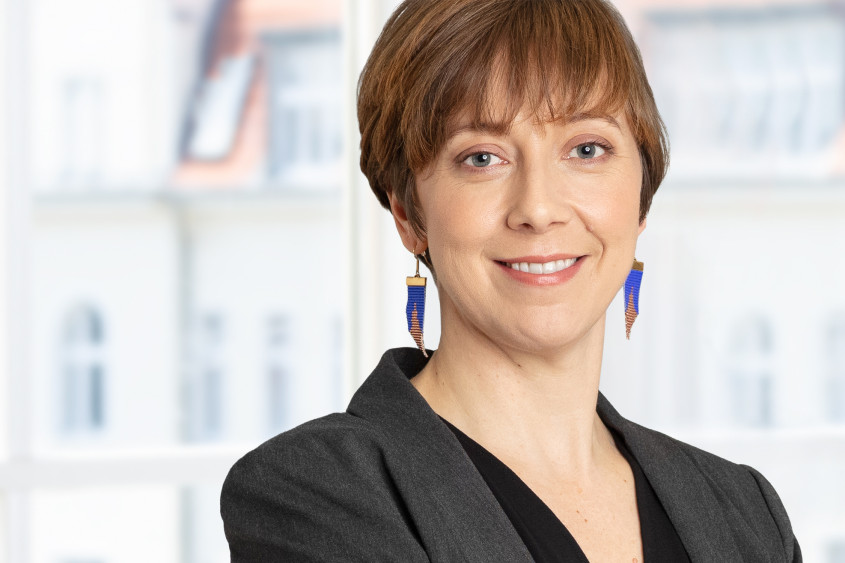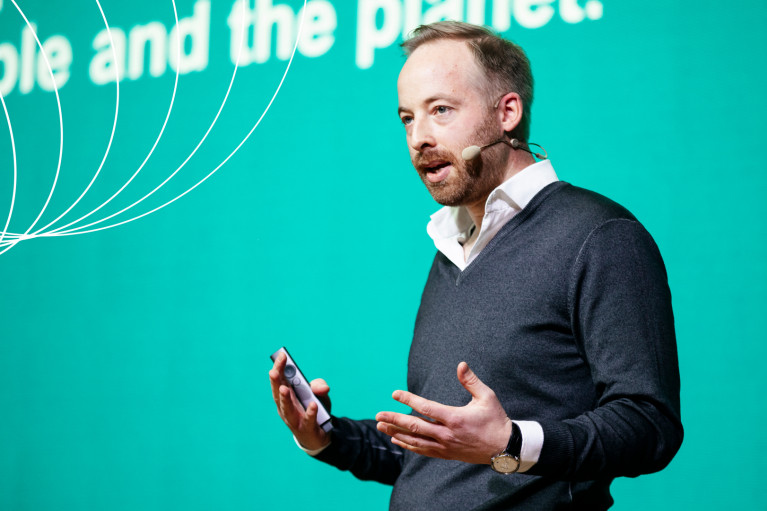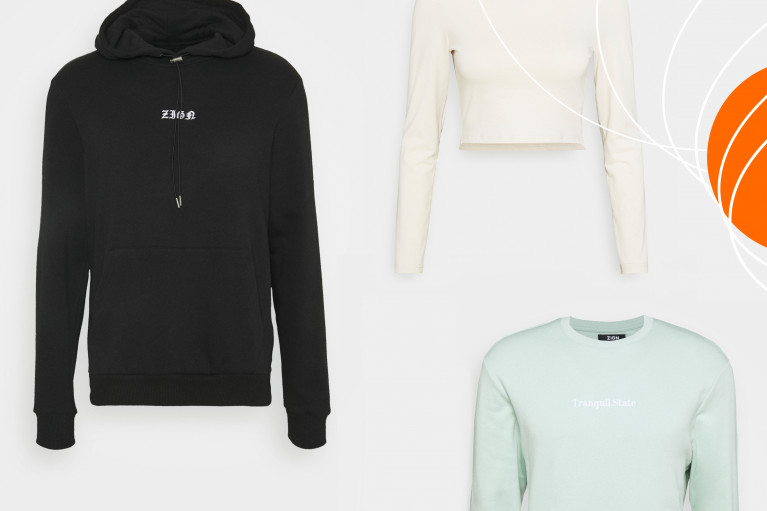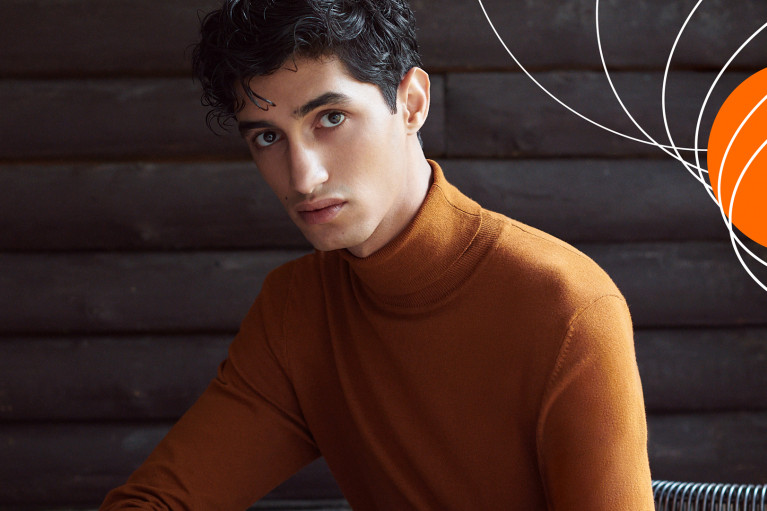Six Months On: Zalando Reflects on Higg BRM Collaboration with SAC and Higg Co
Six Months On: Zalando Reflects on Higg BRM Collaboration with SAC and Higg Co
Brand feedback and next steps on Zalando’s approach to scale an industry-wide understanding of brand performance on sustainability
Brand feedback and next steps on Zalando’s approach to scale an industry-wide understanding of brand performance on sustainability
In May 2020, Zalando, the Sustainable Apparel Coalition (SAC) and Higg Co announced their collaboration to accelerate a global sustainability standard in the fashion industry. The collaboration is one of many initiatives Zalando is working on as part of its do.MORE strategy launched in October 2019. SAC’s updated version of the Higg Brand & Retail Module (Higg BRM) allows retailers to make assessments along ethical and sustainable parameters. Zalando is the first retailer to use the module as a basis for a mandatory brand assessment approach, meaning all brands selling on the platform will need to report against social and environmental standards. For data collection, Zalando is following a phased approach and is rolling out the brand assessment on the basis of the Higg BRM step by step to all brand partners. Kate Heiny, Director of Sustainability at Zalando, gives insights about the status quo of the project and an outlook on next steps.

A few months ago, you started the brand assessment on the basis of the Higg BRM at Zalando. Where do you stand right now and what is the plan going forward?
This first year is really about understanding where our partners are with regard to sustainability performance and identifying areas where we are struggling as an industry. This is in order to leverage our position as a platform and focus on collective action and impact. In September, we received sustainability data from the first cohort of brands including partners like Nike, VF Corporation and PVH. We will assess and analyze the first batch of data in October and November.
This is the first time we’ve gathered sustainability information on such a detailed level. Our main focus for improvement will be through collaboration with brands to achieve higher aspirational targets across the industry. In the first phase of our brand assessment, we will look at social and environmental risk areas with up to 250 questions from the Higg BRM. The number of questions depends on the complexity of the brand’s value chain, ranging from a product’s design to its end of use. Assessments are made on two impact areas: Environmental impacts include water usage, greenhouse gas emissions and chemicals management. Social impacts include fair wages, human rights, and working hours. The result is a single overarching sustainability management score, broken down into each social and environmental impact category, indicating where brands and retailers can make sustainability improvements.
The questionnaire for this sustainability assessment is quite extensive. What are the biggest challenges and what are brands telling us about the experience?
We’ve had overwhelmingly positive reactions across the board from sustainability experts to commercial representatives at brands; everyone sees the value and is willing to work together on this. As it’s not a small questionnaire and the implementation won’t happen overnight, concerns have been around timelines and how our partners can get support to ensure the successful completion of the questionnaire, especially in the challenging context of the coronavirus crisis. Together with the SAC and Higg Co, we are providing specific guidance and training. We are expecting brands to show improvement on a year-on-year basis. Of course, Zalando and its private labels will also complete the questionnaire. This is a huge journey for all of us, and we’re in this together.
Do all brands selling on Zalando need to fill out the Higg BRM?
Sustainability assessments are an important part of our do.MORE strategy and mandatory for all our brand partners. We want to achieve meaningful impact and drive collective change. For our strategic and biggest partners this means filling out the Higg BRM, for smaller brands with whom we have less business this might mean filling out a leaner version.
We’ve had overwhelmingly positive reactions... everyone sees the value and is willing to work together on this.
Kate Heiny, Director of Sustainability at Zalando
In light of the coronavirus crisis, why is this project so important?
This crisis has accelerated some of the systemic problems within the industry and has raised awareness for sustainability among consumers. Internal research showed that 34 percent of our customers think that sustainability has become more important in light of the coronavirus situation. In addition, 38 percent of customers think that brand transparency in the context of sustainability has become more important. Consumers increasingly ask more questions about sustainability performance. The Higg BRM will provide us with the data we need to ultimately share brand-level information with consumers for them to make more sustainable choices. We are committed to working closely with our partner brands to continuously raise the bar on ethical standards.
This year is dedicated to data gathering for the collaboration. What are your plans for the coming years and what do you think this collaboration could achieve in the long term?
In 2021, we will further expand our brand assessment approach to the next batch of brands. As the Higg BRM is a self-assessment questionnaire, we are also exploring a data verification approach together with the SAC to ensure the information shared will be validated.
It is our aim to scale a global industry standard, take the lead and step ahead of future regulatory frameworks, and drive collective impact through strategic partnerships. We will be setting specific requirements for improvement and work with partners to achieve these. Brands that don’t engage with these initiatives or fail to show progress over time will be delisted from the platform by 2023. We are willing to take short-term loss over long-term gain since we believe that our commitment to sustainability promises to be a competitive advantage.
In the long run, we also want to relay the brand data we receive in a simple, trustworthy and comparable manner to help our customers make informed decisions. Consumers want to know more about where and how their apparel and footwear is made, and how they can shop more sustainably in ways that align with their values. Providing our customers with this level of transparency will help us build trust as a brand and platform.

One Year of do.MORE
A look at our achievements in the first 12 months of the Zalando sustainability strategy

Zalando Launches Circularity Pilot
Together with Fashion for Good and circular.fashion, Zalando enables customers to learn more about and extend the life of their products

Zalando Sees Growth in More Sustainable Fashion Assortment
Sustainability shopping experience for Beauty launches as more than 40 percent of customers shop more sustainable fashion